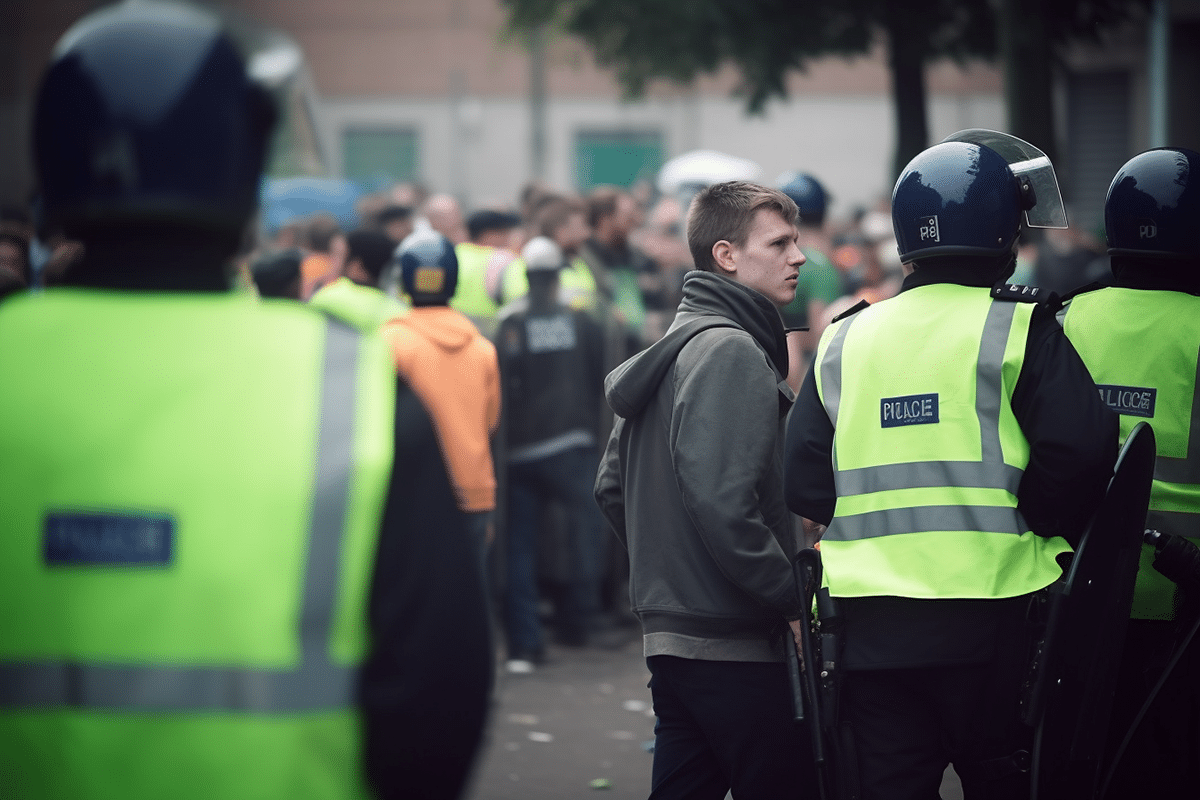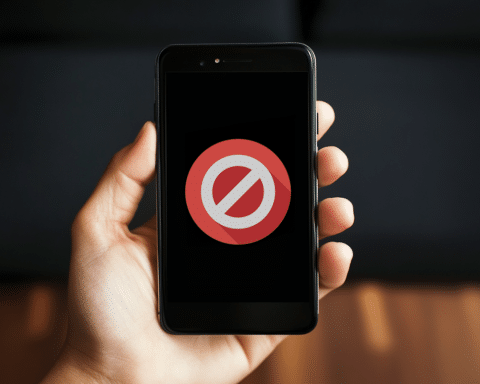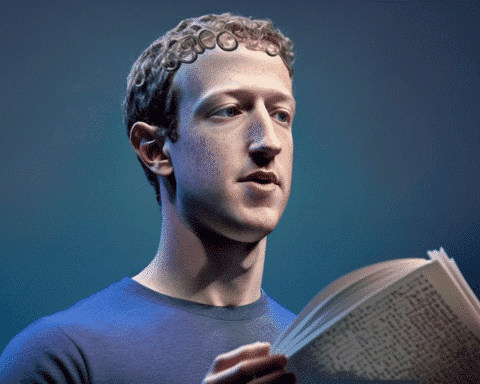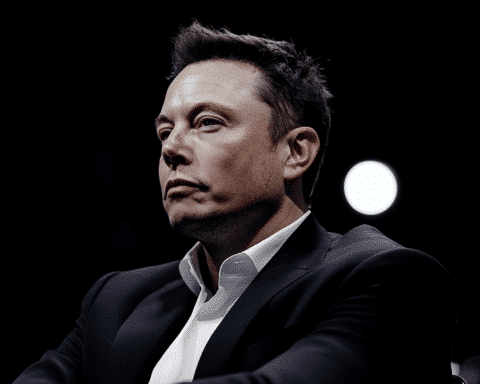In response to a surge of violent incidents over the weekend, Downing Street has announced an emergency Cobra meeting set for Monday. This decision follows the arrest of over 150 individuals across various UK towns and cities, marking one of the most tumultuous periods in recent years.
The violence was triggered by the fatal stabbing of three young girls in Southport, which led to widespread unrest. The chaotic scenes extended to Rotherham, Middlesbrough, Bolton, and other parts of the country, exacerbated by misinformation circulating on social media and actions by far-right groups.
Sir Keir Starmer denounced the violence, particularly the attack on a hotel housing asylum seekers in Rotherham. It was emphasized that those responsible would face legal consequences. The incidents in Rotherham were particularly severe, resulting in six arrests and injuries to at least 12 police officers. Demonstrators hurled planks of wood and sprayed officers with fire extinguishers, causing significant property damage to a Holiday Inn Express. Police dogs and horses also sustained minor injuries from the attacks.
The upcoming Cobra meeting aims to provide the government with a comprehensive update on the weekend’s violence and to discuss the immediate response measures. The meeting will include relevant ministers and police representatives. It is set against the backdrop of prior discussions, including a meeting between the prime minister and police chiefs last Thursday and a senior ministers’ meeting on Saturday.
The Home Secretary highlighted the role of social media in spreading misinformation and facilitating the organization of violent acts. There is a growing call for social media companies to take greater responsibility for the content on their platforms. The Home Office has offered increased protections for mosques, enabling rapid security deployment to ensure a swift return to worship.
Violence was not confined to Rotherham. In Tamworth, Staffordshire, police dealt with violent actions at another hotel, resulting in one officer being injured by thrown missiles and smashed windows. Middlesbrough also saw significant unrest, with rioters damaging homes, cars, and attacking officers. Cleveland Police reported 43 arrests following the violence.
In Liverpool, five additional individuals, including a 14-year-old, were charged in connection to the disorder. Meanwhile, in Weymouth, Dorset, 600 people from opposing sides gathered on the seafront, resulting in a few low-level incidents and one arrest. Bolton saw clashes between anti-immigration protesters and a group of up to 300 masked individuals, prompting Greater Manchester Police to issue orders for the removal of face coverings used to conceal identities.
The weekend’s violence followed similar unrest earlier in the week in Southport, Belfast, Hartlepool, Hull, Stoke-on-Trent, Nottingham, Sunderland, and other locations.
The government is considering several measures to address the violence, including fast-tracking prosecutions and drafting additional officers to manage potential future unrest. Ministers are looking at implementing strategies similar to those used during the 2011 riots, with courts potentially operating around the clock to expedite legal proceedings.
Shadow Home Secretary James Cleverly criticized the timing of the government’s response, suggesting that key decisions should have been made sooner. He pointed out the uncertainty surrounding the prime minister’s holiday plans, indicating that the Cobra meeting should have been convened earlier to address the escalating situation.
As the government prepares for Monday’s Cobra meeting, the focus will be on curbing the violence and bringing those responsible to justice swiftly. The involvement of various stakeholders, including ministers, police, and intelligence officers, underscores the severity of the situation and the urgent need for coordinated action to restore peace and order across the affected regions.




